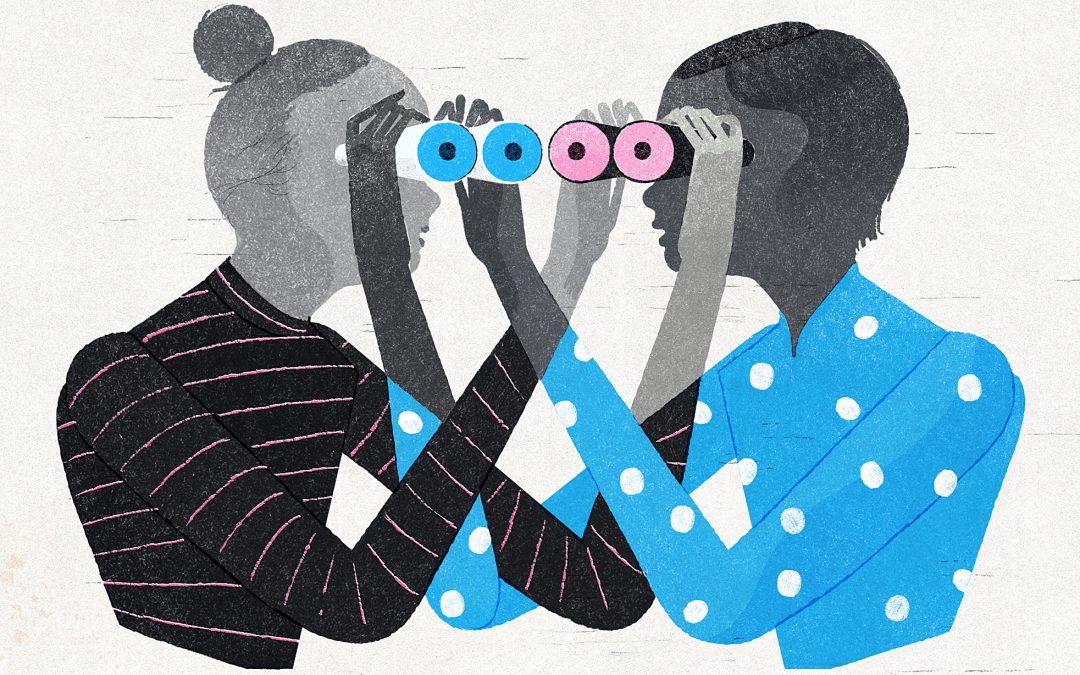Barack Obama said, “Learning to stand in somebody else’s shoes, to see through their eyes, that’s how peace begins. And it’s up to you to make that happen. Empathy is a quality of character that can change the world.”
One can question the last bit – whether it is a quality that is inherited or learnt and nurtured. One thing for sure works – it can change the world. Each of us takes a different world view. For some, the home and the family could be the world; and for some others, it could be as large as the entire humanity. Irrespective of what we view as our world, empathy helps us make an impact on the relationships people hold among themselves, the aspirations they possess and the commitment they show in achieving them. For any organisation, it is of paramount importance. Given the dynamic situations each organisation faces today, this is more significant than ever before.
What’s special in the context of tomorrow’s organisation?
We know, organisations will be much more diverse than what they are now. Our social structure is getting more individualistic and fast-paced than ever before. Leaders will have the unique challenge of keeping the long-term and strategic directions intact with steering the ship on the right path in the short term. They need to attract the right people, develop and nurture them to get the best out of them. They need to deploy the right technologies and grow the external relationships well to win at the marketplace in the near-term as well as the long-term. All these challenges are by no means of low order. How does the leader drive various initiatives across the ranks in the organisation?
It is not a surprise that many leaders have been emphasising the importance of empathy to be a key leadership behaviour!
Empathetic leaders are strong and fast-paced!
Leaders need to believe that their organisation will stand in better stead if they drive their decisions with empathy. Some people believe that competitiveness, drive for performance and ambitions cannot co-exist with empathy. What they have in mind is compassion, not empathy.
When a leader is faced with tough decisions such as shutting down a business or downsizing it, they create disruptions and cause inconvenience in the lives of employees who get impacted by these decisions. If one is overly compassionate, taking decisions of layoffs and downsizing is tough. Hence, we see some organisations walk many extra miles to minimise these for their employees while some others are very clinical and machine-like. Irrespective of the extent to which one is compassionate, the leader can be empathetic and hence, involve all stakeholders in the process and communicate accordingly. Being empathetic does not make one weak in taking tough decisions or procrastinate; rather one can be quick and guilt-free!
Boost productivity and stay sustainable!
When a leader is empathetic, the environment in the organisation steps up the spirit to collaborate and encourage one another. Employees feel listened to and cared for. They start demonstrating the same behaviour to their colleagues, customers, partners and vendors. The organisation starts being viewed as a good place to do business with and work for. The stakeholders stay loyal and advocate the organisation to the world at large. The cost of developing new business starts coming down because of the reputation the organisation gains. The firm starts retaining the customers for a long time and enjoying a larger share of the customer’s wallet. All of these contribute to greater productivity and keeping the organisation safe and sustainable in the long term.
What about the criticism that demonstrating empathy takes away the competitive spirit from the workforce and the organisation stops being ambitious? The leaders define what the right behaviours are. The loudest voice in the organisation has to be that of the leaders who clearly showcase the right behaviours and recognise those consistently. Talking about the values and the right behaviours at the time of induction is not sufficient. We need their consistent and regular communication!
Our leaders have to learn to put themselves in the shoes of others, see through their eyes and influence them in the right directions. It calls for great moral strength and character to co-create the vision, communicate them, recognise the right behaviours and show by the relationships they nurture within the organisation as well as externally.


